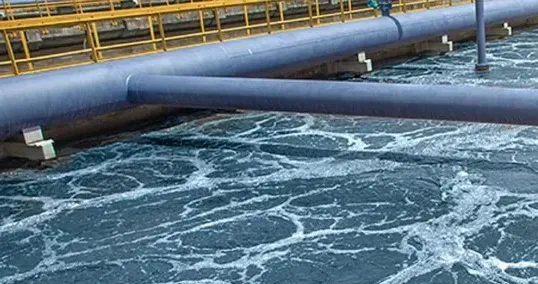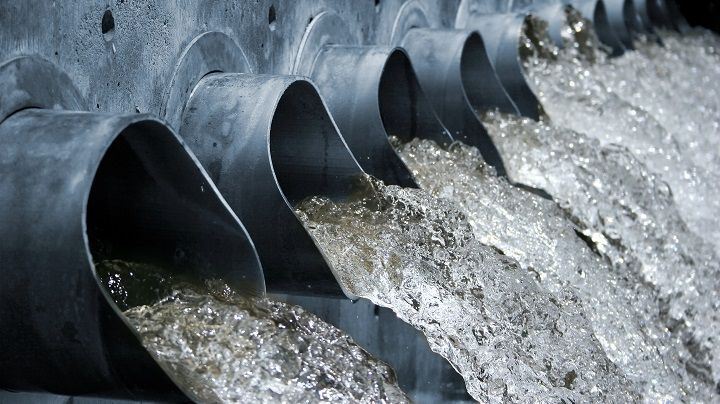Industrial Wastewater Testing
We specialize in laboratory testing for all NPDES permit requirements and are pleased to assist you with permit compliance, inspecting wells, sampling, or any other needs. It is our number one priority to provide you with unparalleled customer support. That’s why our company makes sure to provide you accurate results to uncover any contaminants in the water. RMB employees work very closely with our customers for routine water supply monitoring.
- Definition: Industrial waste refers to any waste generated by industrial activities, which include manufacturing, processing, mining, and other operations.
- Types of Industrial Waste:
- Solid Waste: Includes materials like scrap metal, chemicals, and other by-products.
- Liquid Waste: Often in the form of chemical discharges or wastewater.
- Gaseous Waste: Emitted gases during industrial processes.
- Environmental Impact:
- Pollution: Improper disposal can lead to soil, water, and air pollution.
- Health Risks: Hazardous materials in industrial waste can pose health risks to humans and wildlife.
- Regulations and Compliance:
- Governments enforce regulations to control the generation, treatment, and disposal of industrial waste.
- Industries must comply with standards to minimize environmental impact.
Municipal Wastewater Testing
Municipal wastewater testing is a crucial process for evaluating the quality and safety of water discharged from urban sewage systems. This testing involves analyzing samples of wastewater for various physical, chemical, and biological parameters. These tests include pH, suspended solids, nutrients (like nitrogen and phosphorus), organic matter, heavy metals, and pathogenic microorganisms. RMB Environmental Labs techniques, such as spectrophotometry, chromatography, and microbial assays, are used to detect and quantify contaminants. The results help ensure that wastewater treatment plants are effectively removing harmful substances before the water is released into natural water bodies, protecting public health and the environment. Municipal wastewater testing is essential for regulatory compliance, environmental protection, and the sustainable management of water resources.


